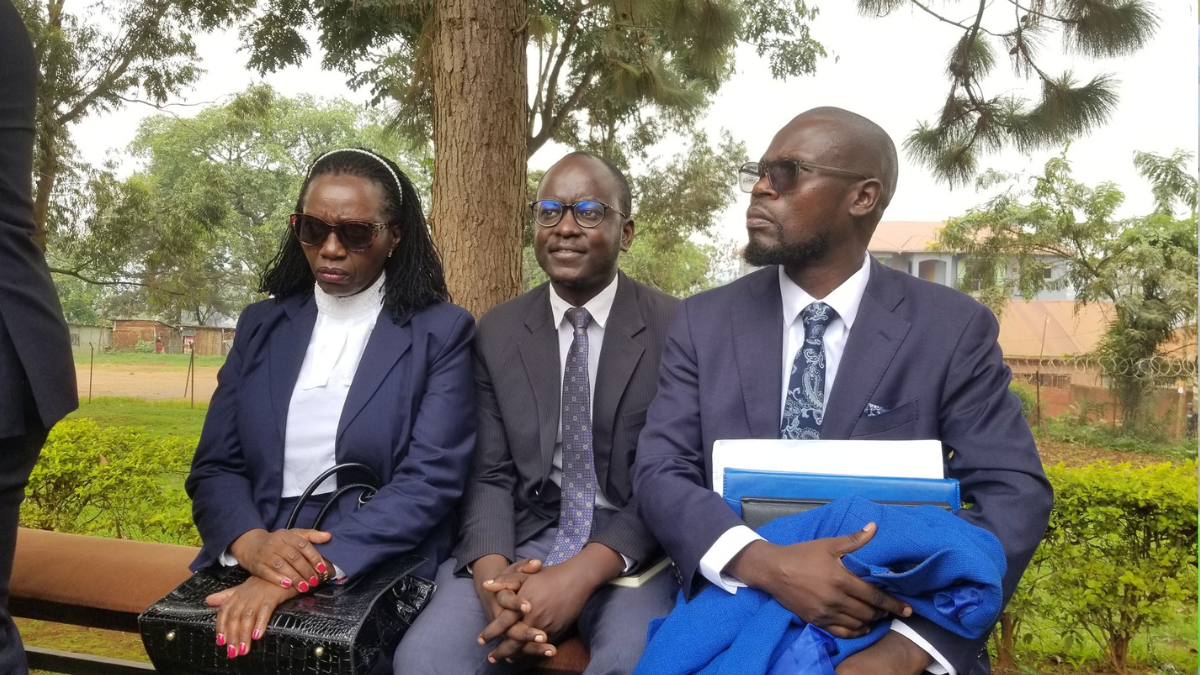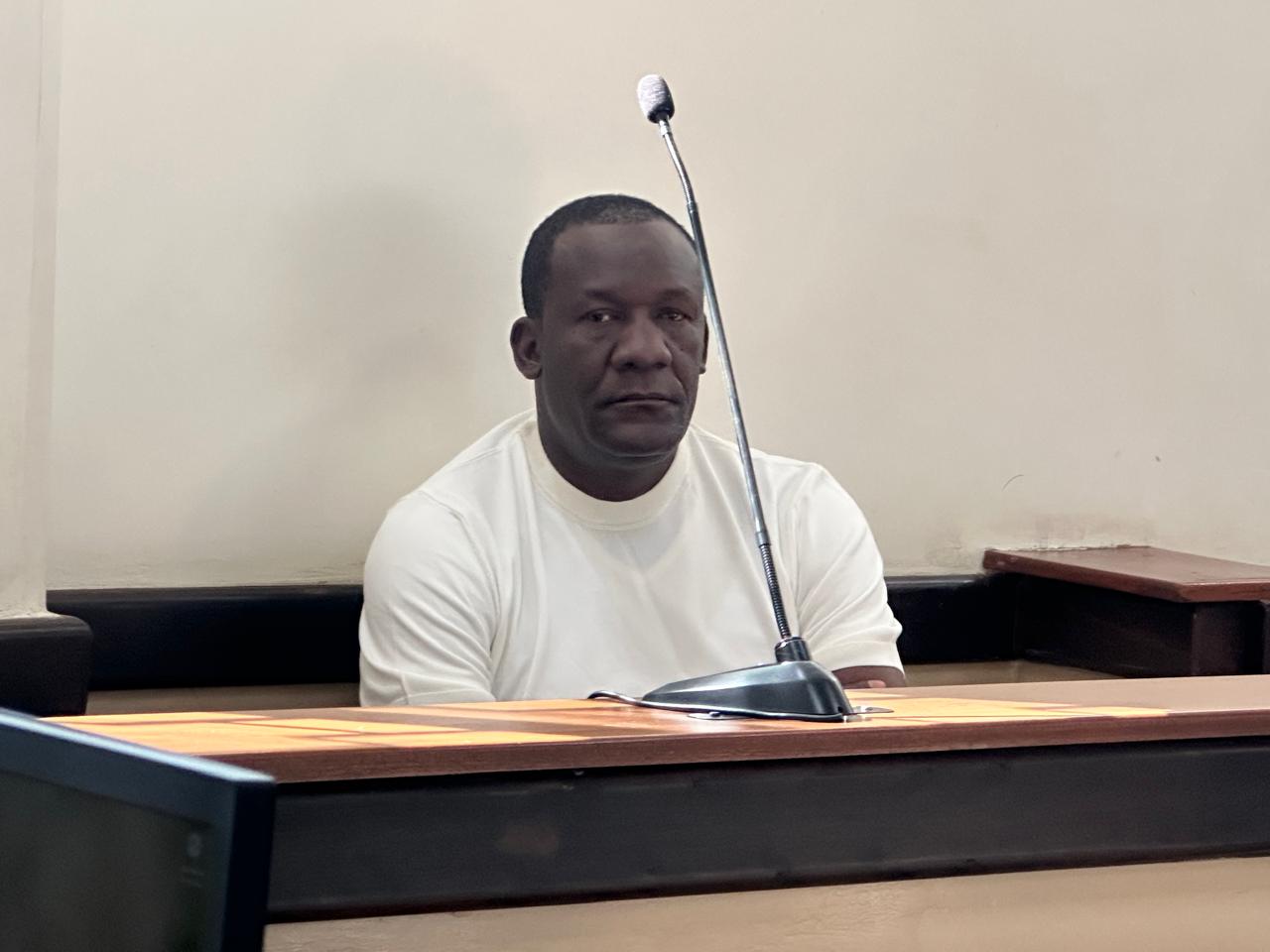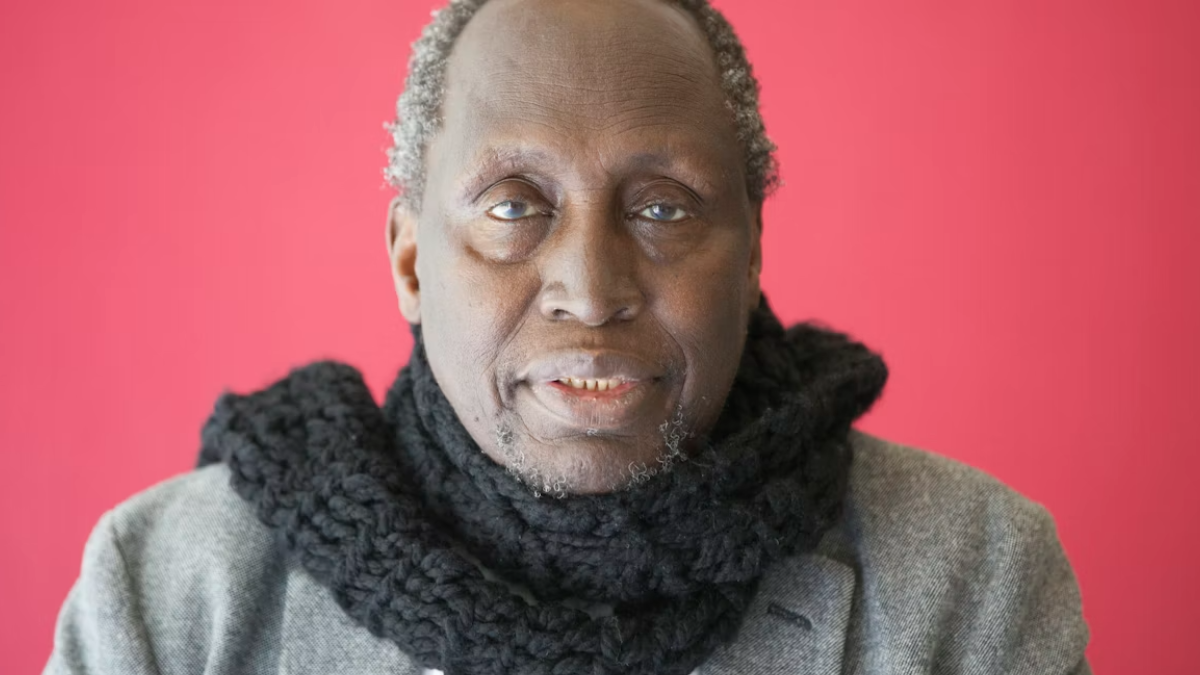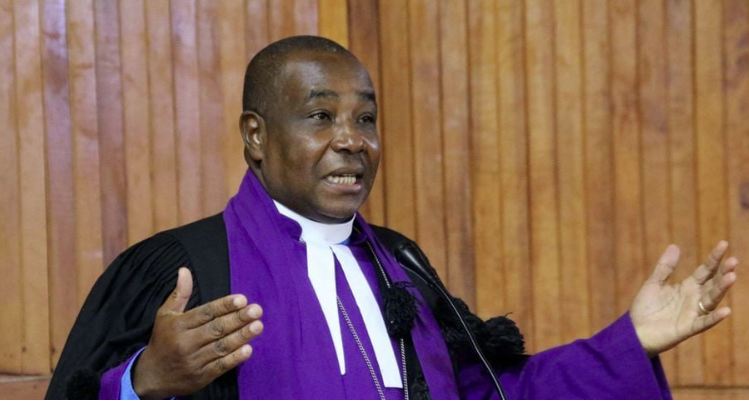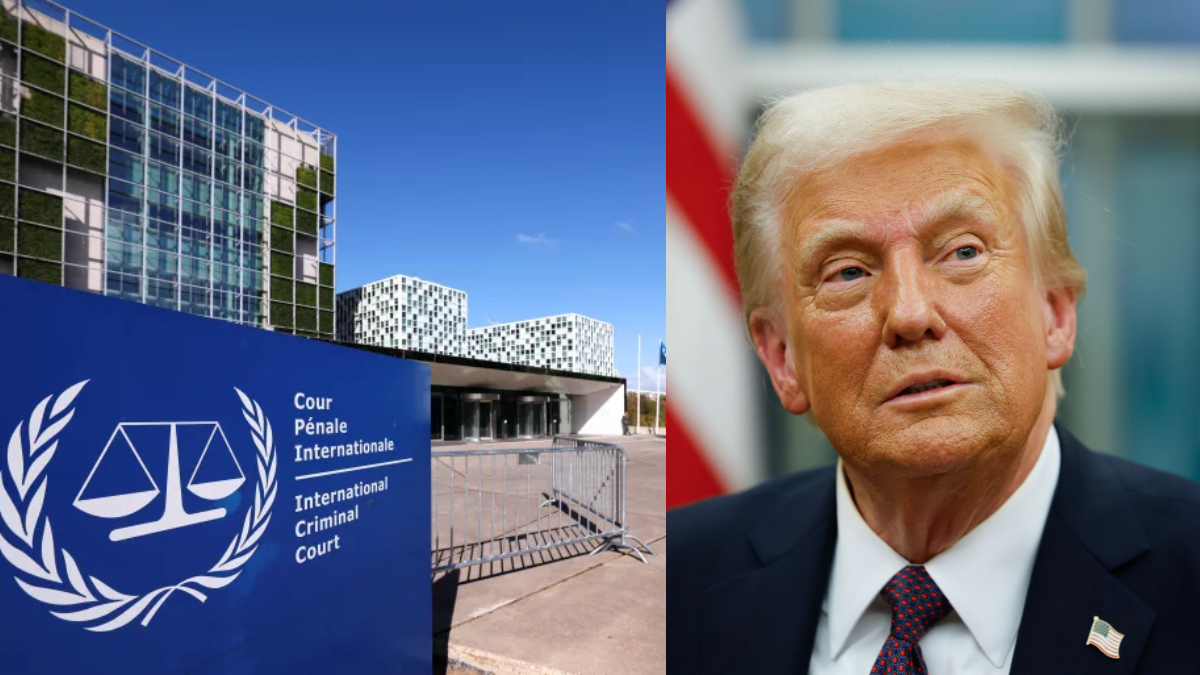The East African Law Society (EALS) has raised concerns after Narc Kenya party leader Martha Karua was denied licence to practice law in Uganda.
In a statement dated December 10, 2024, EALS argued that the rejection of Karua’s application undermines the spirit of regional integration as provided for under the treaty for the establishment of the East African Community and erodes gains made towards actualizing cross- border legal practice in the region.
This license would have enabled Martha Karua to represent her clients, Dr. Kizza Besigye and Hajj. Obeid Lutale in courts of law in Uganda.
At the same time, EALS president Ramathan Abubakar noted that Uganda’s decision puts into sharp focus the willingness of EAC Partner States to fully implement the Common Market Protocol that guarantees free movement of people, goods, services and capital in the East African Community.
Abubakar explained that under Article 126 of the treaty for the establishment of the East African Community and Article 11 of the Protocol for the establishment of an EAC Common Market, EAC Partner States have an undertaking to mutually recognise the academic and professional qualifications granted, experience obtained, requirements met and licences or certifications granted in other EAC Partner States.
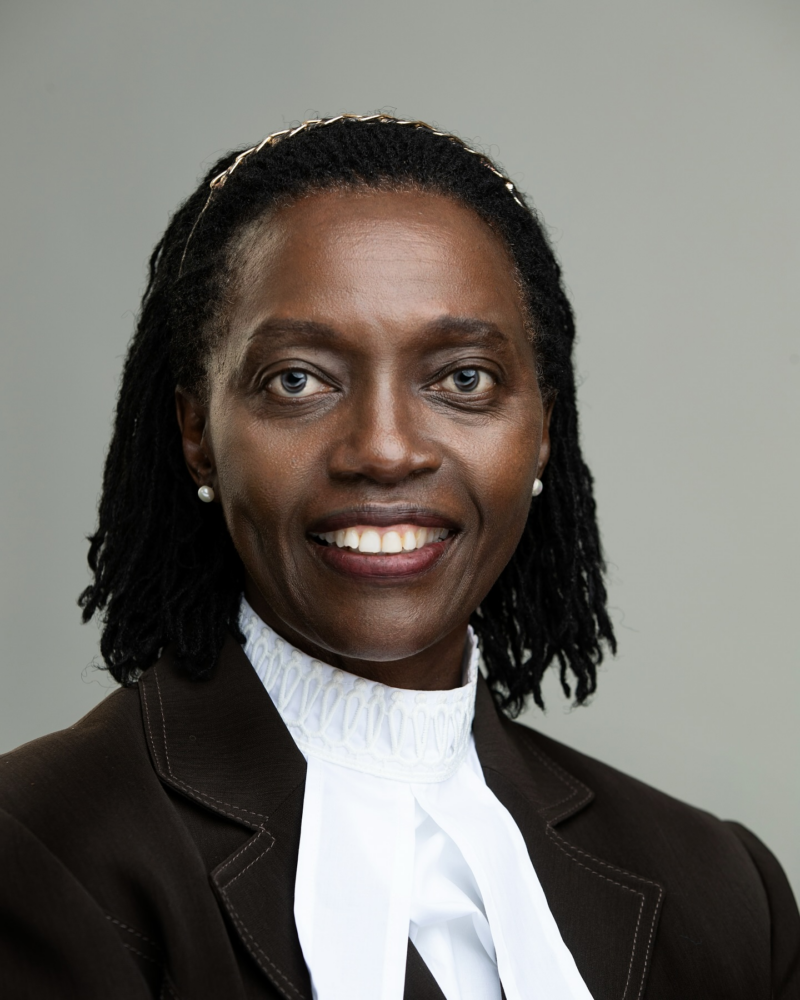
“Hon. Martha Karua, SC, a highly respected and licensed Kenyan lawyer has met all the requirements including those specifically required for temporary admission to practice as an advocate in Uganda.
“In denying Hon. Martha Karua, SC, the practice license, the Ugandan Law Council has directly impeded not only her ability to represent her clients in court but also the right of the accused persons to be represented by counsel of their choice as enshrined in Article 7(1)(c) of the African Charter on Human and Peoples’ Rights,” stated the EALS president.
He added that the denial of a fundamental component to fair trial, as recognized in regional and international legal instruments, also sets a dangerous precedent that could undermine the independence of judicial bodies and tribunals in East Africa.
It equally erodes public confidence in legally established institutions meant to serve citizens and is a blatant disregard of internationally recognized standards for engaging in cross- border litigation especially in Commonwealth countries and under the IBA Standards for the independence of the legal profession (Article 19).
In addition, it goes against the UN basic principles on the role of lawyers.
“As the regional body representing advocates across the East African Community and actively advocating for the full liberalization of cross-border legal practice, we strongly condemn the decision and urge the Uganda Law Council to reconsider it,” read part of EALS statement.
In light of the decision’s potential ripple effect across the East African Community, EALS urged the Community leadership and all Partner States to urgently sign and implement the Mutual Recognition Agreement (MRA) for Lawyers.
The legal body also advised partner states to consider and pass the East Africa Cross-Border Legal Practice Bill.
“In unshakable solidarity with our sister bars, the Uganda Law Society and the Law Society of Kenya we are determined to see this matter through to its rightful and just conclusion, no matter the obstacles,” read part of the statement.


